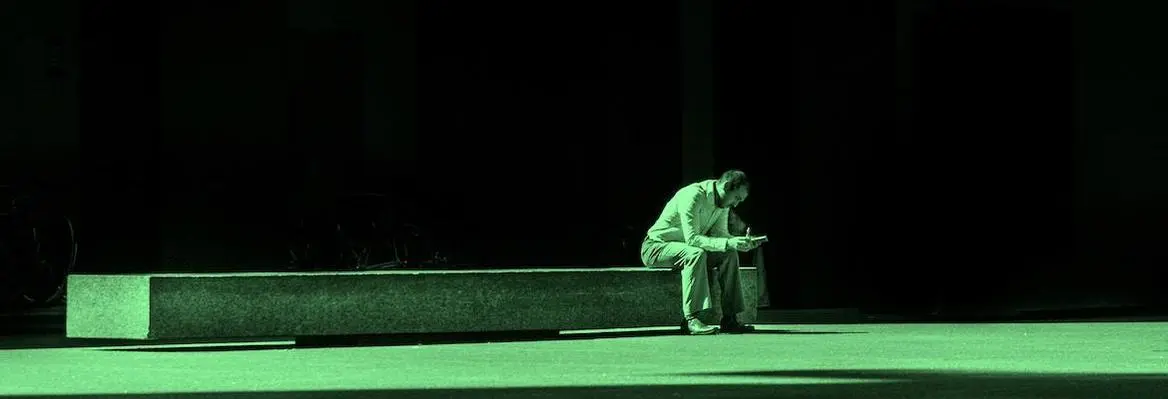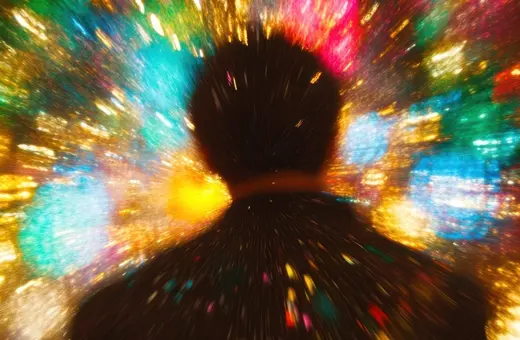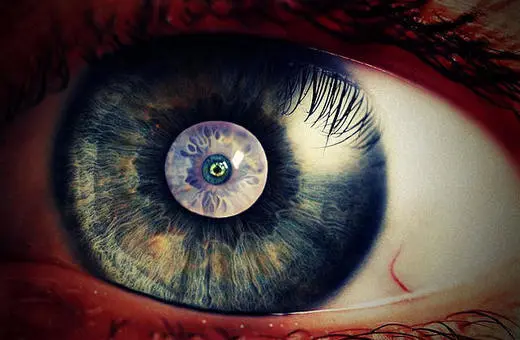One of the youngest philosophy professors in Germany, Markus Gabriel teaches in 16 languages, dreads metaphysics and thinks that the philosophy of mind needs to tighten up. Author of ‘I Am Not A Brain’ and ‘Why The World Does Not Exist’, he will be debating Mind, Matter and Mechanisms with neurophilosopher Patricia Churchland and writer and former clinical neuroscientist Raymond Tallis at our London Festival HowTheLightGetsIn on 22-23 September. In the interview below, he talks about why he prefers the German term ‘geist’ to the English ‘mind’, how we should reclaim our rationality, and why we ought to stop making claims about what we don’t know.
Let’s start with the title of your latest book. Why is the mind not the brain?
The shortest argument goes something like this: there’s what philosophers call a mereological fallacy. Mereology is the discipline which studies the relation between wholes and parts.
So imagine someone tells you that David Beckham didn’t score a goal, it was his foot. That would be an odd thing to say because Beckham couldn’t shoot for the goal without his foot, but it was the whole beast, so to speak, which shot the goal.
So, mental states like consciousness are states of an entire animal and not states of its parts. So it’s not true that the brain alone is conscious. You couldn’t be conscious without a brain, but that doesn’t mean that the brain and consciousness are identical.
But the mainstream biological view is that as the central nervous system, the brain dictates to the rest of the body. So the foot just executes what the brain dictates.
That’s what you might think. The brain is not a conscious control centre. All the parts are connected in complicated ways.
So, for instance, the mental state in which I am right now is that I’m trying to answer a question. I couldn’t answer a question without you asking me a question. The fact that you ask me a question is part of the mental state that I’m in. But this is nowhere in my body. It’s represented in my body – I need to have a working memory, but this conversation is nowhere in my body; it actually expands a much larger spacetime. Currently that’s England, Germany, as well as the communications networks – Skype etc. So my mental state is part of a larger network, it’s not just in my head.
___
"Selves are so mysterious to us, because they are in the process of temporal and historical unfolding."
___
What you call ‘mind’ in English does not exist. The ‘mind’ is a historical artefact of misguided philosophical theorising in English. As a term, it does not refer to anything. Philosophers made it up as a technical term. But no one ever tells you what that means. If you look into any standard textbook, ever since John Locke, no one will tell you what it is. It’s not like philosophers have settled the term ‘mind’ and now they’re talking about the mind-brain problem. No two analytical philosophers share the same understanding of the most important term of their discipline.
In German, we have this helpful term – ‘geist’, which roughly means ‘the bearer of mental states’. The brain alone cannot bear mental states.
‘Geist’ to me seems closer to the term ‘culture’.





















Join the conversation